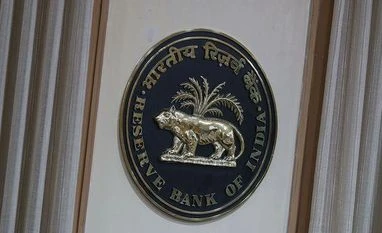By Milounee Purohit and Anant Chandak
BENGALURU (Reuters) - Indian consumer price inflation slowed in October to 6.73% on weaker food price rises and a strong base one year ago but remained stubbornly well above the 6% upper limit of the Reserve Bank of India's tolerance band, a Reuters poll predicted.
That inflation rate, measured by the annual change in the consumer price index (CPI), is forecast to slip sharply from 7.41% in September, according to the median view from a Nov. 2-9 Reuters poll of 47 economists.
Forecasts ranged from 6.40% to 7.35%, with three-quarters of respondents expecting a figure under 7.00%, well below the recent peak of 7.79% in April. The RBI's tolerance band is 2-6%.
Economists warned, however, this was not a sign of a sudden improvement in what is a gradual drift downward in price pressures. That leaves the prospect of higher interest rates from the RBI on the table.
"Definitely the inflation rate in India has peaked, but the easing process would be pretty slow...I do not see any easing of real price pressure," said Kunal Kundu, an economist at Societe Generale. "Nobody is expecting us to reach 4% anytime soon. Not over the next 2-3 years."
More From This Section
That overall outlook was in line with a separate recent Reuters poll of economists which forecast inflation would not reach the mid-point of the RBI's target range until at least 2025.
The central bank has raised its main repo rate by a cumulative 190 basis points since May to 5.90%. The RBI is forecast to deliver another 50 basis points to 6.40% by end-March, according to the latest Reuters poll.
"It will raise rates till it is convinced that inflation will not be rising again," wrote Madan Sabnavis, chief economist at Bank of Baroda. "I do not think that rate hikes have brought down inflation - it is more due to better supplies for some goods and a statistical base."
A weaker rupee, down around 9% for the year, is also adding to upward price pressures, prompting the RBI to defend the currency by selling dollars from its reserves.
"Continued depreciation of the INR raising imported inflation and demand-driven pressures remain key factors that could keep core inflation elevated over the medium term," Rahul Bajoria, chief India economist at Barclays, wrote in a note.
(Reporting by Milounee Purohit and Anant Chandak; Polling by Devayani Sathyan, Veronica Khongwir and Vijayalakshmi Srinivasan; Editing by Hari Kishan, Ross Finley and Mark Heinrich)
)